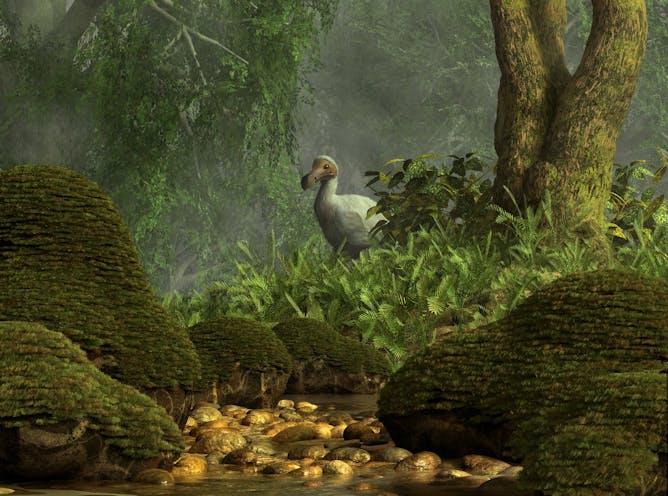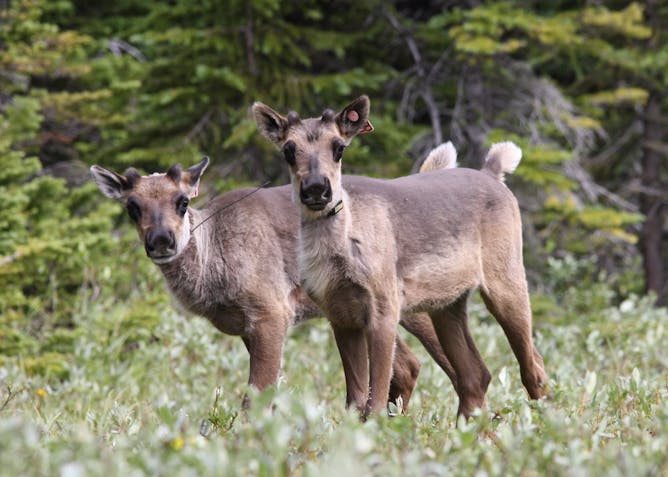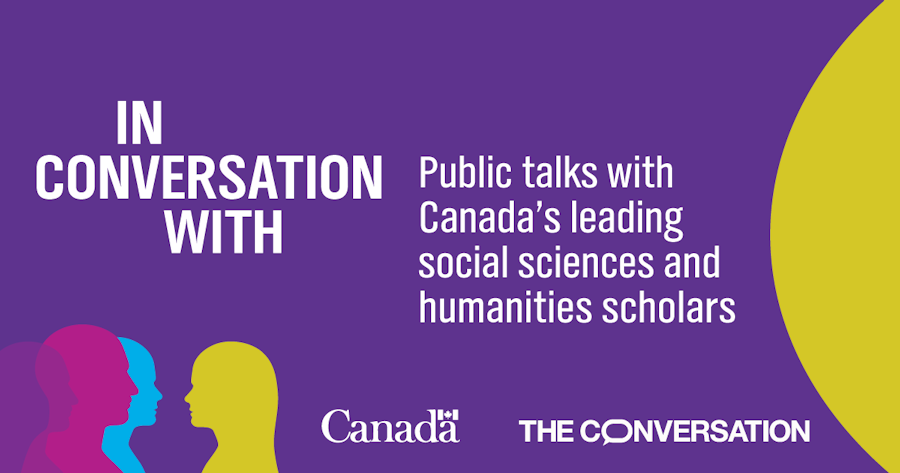|
I am at an age when retirement has increasingly discernible features. But I don’t feel anywhere near ready to retire, especially if I’m going to live another 30 years or more and want a decent income so I can travel and enjoy life. I also have loved ones who are close to 65 and more vital, productive and engaged at work than people decades younger. All this to say — 65 comes at you fast, and you don’t feel unable to work another minute longer on your 65th birthday. Nor will you feel you can actually afford to retire in an era when many of us don’t have workplace pensions and we’re living longer than ever.
Today in The Conversation Canada, Thomas Klassen of York University makes a compelling argument that we should rethink how we perceive old age to more accurately reflect the total number of people in Canada’s working age population. He writes that even though mandatory retirement at age 65 was eliminated more than a decade ago, laws and public policy, including Statistics Canada definitions, continue to assume that everyone retires at 65.
He calls for a modern definition of the many stages of aging after 65, adding it would “mitigate stereotypes of older workers and ageism while prodding governments to reform outdated laws and provide a boost to an economy often facing worker shortages.”
Also today:
All the best.
|

|
Lee-Anne Goodman
Politics, Business + Economics Editor
|
|

No one suddenly becomes old and unproductive on their 65th birthday, so a reformulation of both working age and retirement is sorely warranted.
(Shutterstock)
Thomas Klassen, York University, Canada
A revised retirement age would significantly decrease the number of people classified as ‘old’ and would more accurately reflect the total number of working people in Canada.
|

Dodos have been extinct for centuries, but it’s not a simple matter to definitively designate a species as extinct.
(Shutterstock)
Arne Mooers, Simon Fraser University
Species are declared extinct when there have been no verifiable sightings for 50 years. Declaring a species extinct has implications for conservation efforts and policies.
|

Cancer groundshot highlights that investment in improving access to treatments already proven to work saves more lives than discovery of a new treatment.
(Shutterstock)
Bishal Gyawali, Queen's University, Ontario
Globally, most cancer patients die not because they don’t have access to newer drugs, but because they don’t have access to even basic treatments. Cancer groundshot aims to improve treatment access.
|

Protestors gather outside a Manhattan federal court during an abortion rights demonstration on May 14, 2022, in New York.
(AP Photo/Jeenah Moon)
Danielle McNabb, Queen's University, Ontario
The potential reversal of Roe. vs. Wade should serve as a stark warning to the power the high courts hold to transform societal conditions.
|

Once described by West Moberly Elders as being as abundant as “bugs on the landscape,” caribou populations are now rapidly disappearing.
(Giguere/Wildlife Infometrics)
Clayton Lamb, University of British Columbia
An Indigenous-led effort to increase caribou abundance and cultural practices like hunting is successfully increasing the caribou population
|

What will it take for the metaverse to live up to its potential?
(Shutterstock)
Adrian Ma, Toronto Metropolitan University
The metaverse is being hyped as a game-changing virtual platform that will transform our digital lives. But it has some inherent challenges to overcome in order to achieve mass adoption.
|
La Conversation Canada
|

file zk zj.
RGB Ventures / SuperStock / Alamy Stock Photo
Michael Head, University of Southampton
La variole du singe est un virus encore peu connu, mais les épidémies actuelles apporteront un lot d’informations nouvelles.
|
Ukraine Invasion
|
-
Lowell Barrington, Marquette University
Studies on Ukraine going as far back as the late 1990s and early 2000s showed that the country’s population was connecting less and less with Russia.
-
Stanley Dubinsky, University of South Carolina; Anyssa Murphy, University of South Carolina; Harvey Starr, University of South Carolina; Michael Gavin, University of South Carolina
It’s common for people to live near others who speak a different – but similar – language. But generally, they handle their differences without violence.
-
Richard Meissner, University of South Africa
Ideology informs foreign policy practice. Behaviour that could – for better or worse – influence individual lives.
|
|
COVID-19
|
-
Smarajit Triambak, University of the Western Cape
Monte Carlo simulations can predict different potential outcomes because they provide for the presence of random variables or elements.
|
|
Culture + Society
|
-
Kellie Lynch, The University of Texas at San Antonio
Intimate partner violence can take many forms – and it doesn’t always fit society’s stereotypes.
|
|
Health
|
-
Andrew Lee, University of Sheffield
We need to learn the lessons from the HIV/AIDS epidemic and avoid stigmatising men who have sex with men.
|
|
|
|
| |
| |
| |
| |

|
| |
| |
| |
| |
| |
| |
|
|